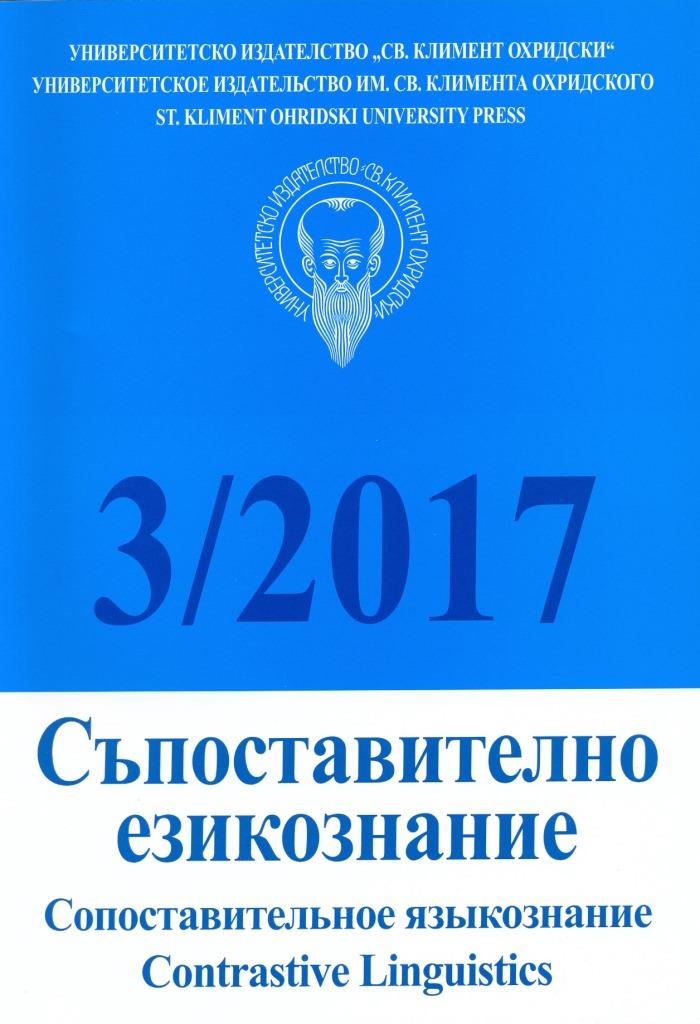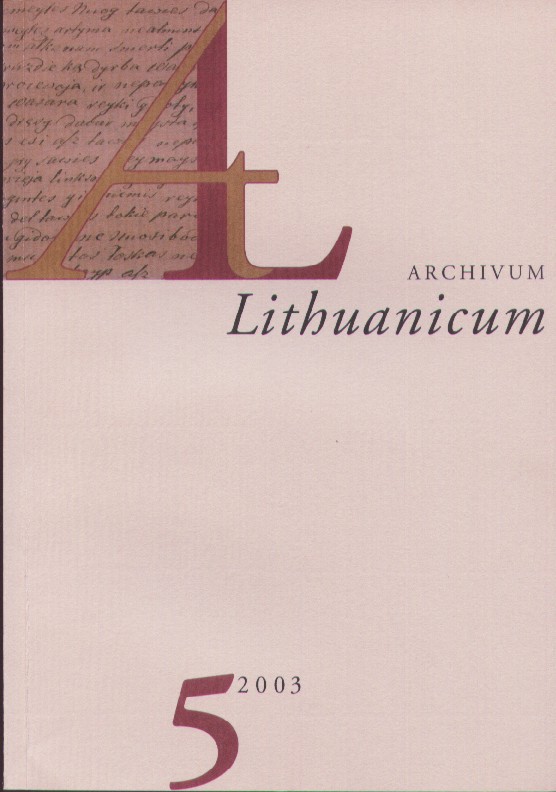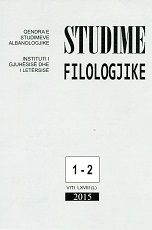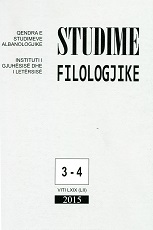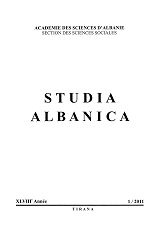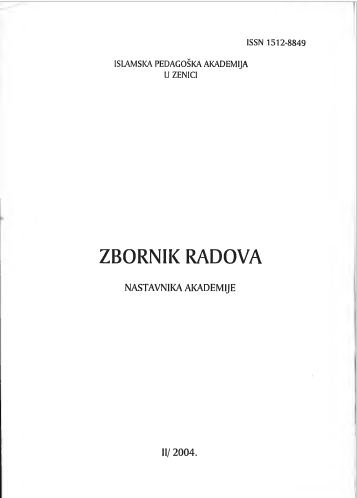Author(s): Lembit Vaba / Language(s): Estonian
Issue: 62/2016
The article presents an alternative etymology for the words nuuter ‘cabbage root inflammation’ and pess ‘tree sponge, tinder’. The word nuutra ~ nuutri and nuutõrn(as) ~ nuudõrna, denoting a root disease in cabbage, is a dialect word restricted to southeastern Estonia. It has been documented in lexicographical sources beginning with Wiedemann’s dictionary. Osmo Nikkilä has conjectured that nuutra is a Scandinavian loanword; however, this is implausible simply due to the fact that the word is only found in southeastern Estonia, not elsewhere in the country. The loan base is more likely the Russian dialect word нутерь, нутир resp. нутр ‘(human or animal) internal organs; disease of internal organs; heart, core (of the fruit of a tree or plant)’, compare also the derivation нутрéц ‘(human or animal) cryptorchidism; hernia; parasitic intestinal worm; caterpillar, maggot, larva (in the fruit of a plant)’. The form nuudõrna and other similar forms recorded in addition to nuutra in the etomaa region, point to a repeated borrowing from a synonymous loan base, the Russian dialect word нутри́на́. The phonological substitution is unproblematic even if the у in the loan base is unstressed, since an initially unstressed vowel may lengthen when the word is borowed and the stress moves to the first syllable of the word. The word nuuter denoting a root disease in cabbage was introduced into the terminology of plant protection most likely in the late 1920s. The word pess, found in South Estonian-speaking regions (including language islands), along with its phonological variant päss, denotes primarily a birch sponge and/or the flammable material prepared from it, i.e. tinder. The past hundred years have seen several different scholarly opinions regarding the origin of pess ~ päss, but no convincing etymology has yet been found. The Finnish researcher Heikki Ojansuu has supposed that pess is a South Estonian word, the original form of which was *peksä, from which have derived päks, -e ‘egg-shaped bone tumor, ringbone (disease in horses)’, luu-päks ‘anklebone’ and päss, -a ‘thicker end, button etc.; thumb’, Estonian päkk: päka ‘boletus’ and päkk : päka ‘bump, protuberance (in the palm near the thumb, on the inner side of the front of the foot, on the hoof) etc.; thumb’. Andrus Saareste, however, believed that the word shares a root with the South Estonian verb pesmä. Julius Mägiste has repeated the claims of previous researchers regarding the possible common origin of pess and South Estonian pesmä, which in his opinion would confirm the expression tuld peksma ‘to strike fire’ recorded on Saaremaa. More recently, the etymology of pess has been discussed by the Finnish etymologist Eino Koponen, who considers the relationship with the verb pesmä implausible, because pess denotes tinder growing on trees, which has not yet been prepared for use in lighting a fire. A more believable etymological explanation, offering a better semantic justification for the name, is that the word is related to the Baltic pinti word family. The possible loan base of South Estonian pess is the Eastern Latvian pìesa2, piêsis ‘tinder’, the older Baltic equivalents of which are (Eastern) Lithuanian péntis as well as pìntis, pintìs, pintė ‘gnarls growing on rotting trees, fungus, tinder (Fomes); water-dwelling sponge (Spongia)’ and oPr pintys ‘tinder’. This Baltic word is related to the Lithuanian verb pìnti (pẽna ~ pìnti, pýnė), Latvian pît (pin, pina) ‘to plait, braid, interlace’. A Latvian etymology presupposes the replacement of a diphthong with a monophthong; there are indeed some plausible examples of this in words borrowed into South Estonian from Baltic/Latvian. The phonological variant päss, with the vowel ä, represents a secondary development which took place in the Estonian language context, under the influence of e.g. päss : pässa ‘thicker end, button etc’. Latvian pese, pesis etc is therefore a boomerang loan. The re-borrowing back into Latvian must have occurred rather early, which would explain the word’s wide distribution in northern Latvia and beyond its borders.
More...
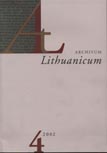

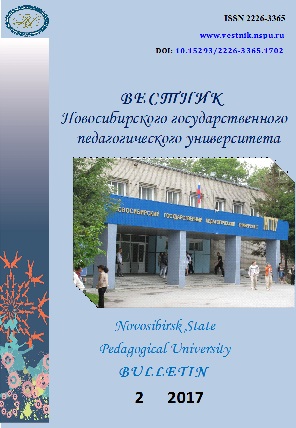
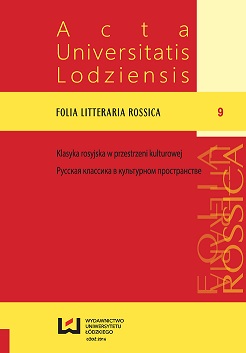
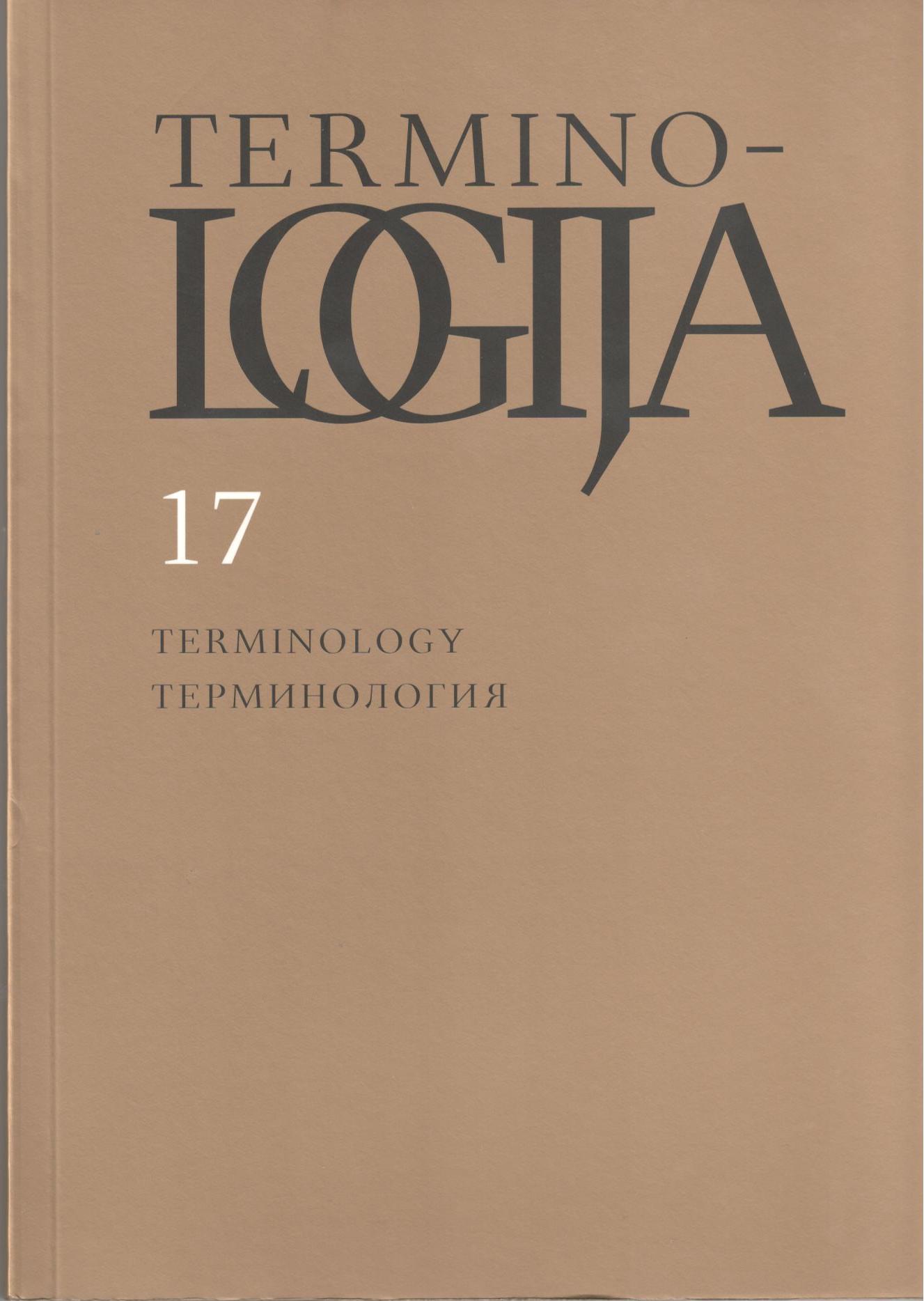
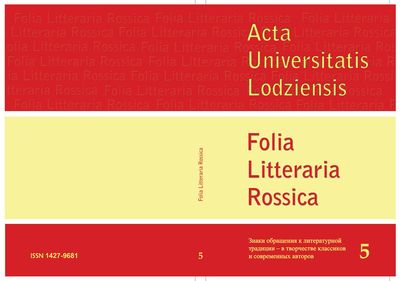
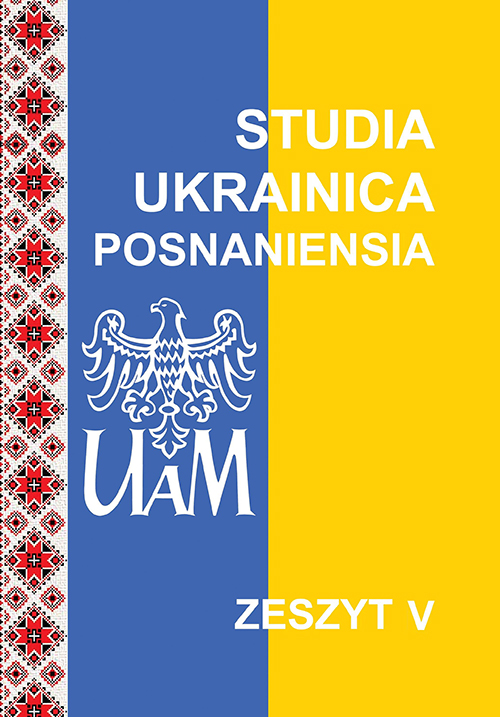
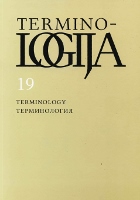
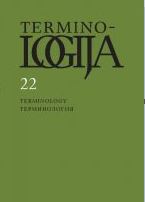
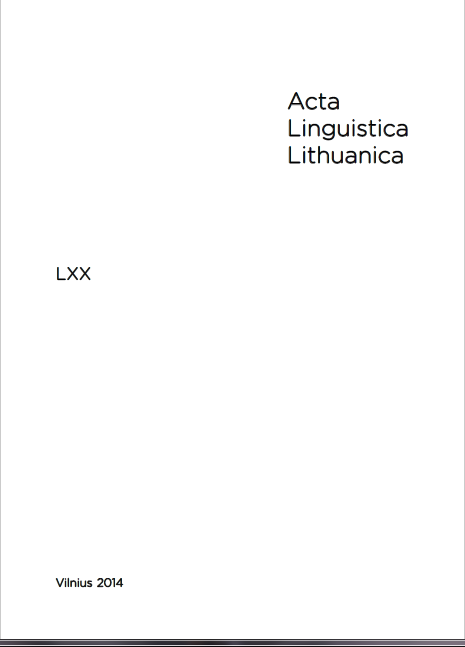
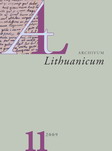
![On The dictionary of active Polish and Ukrainian phraseology [Leksykon aktywnej frazeologii polskiej i ukraińskiej]. Contrastive linguistics and culture](/api/image/getissuecoverimage?id=picture_2017_36121.jpg)
